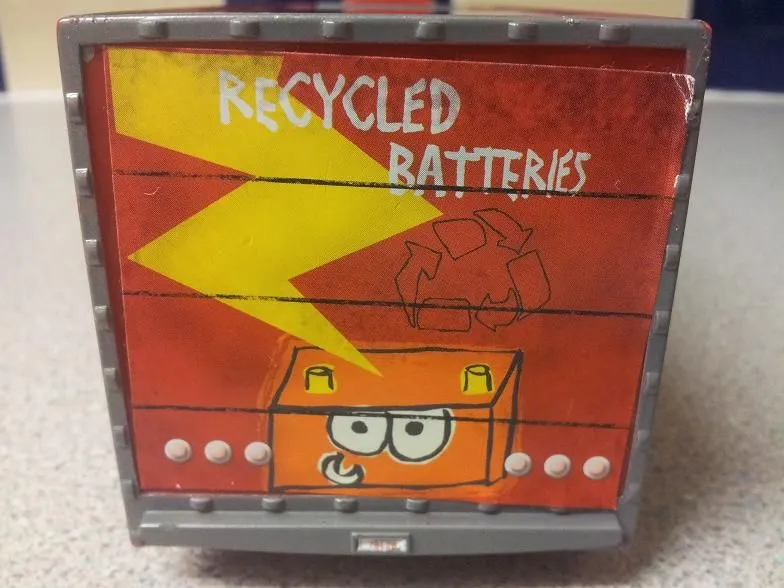The Allure of Recycled Batteries Diecast
The world of collectibles has always been fascinated by intricate detail and enduring quality, the diecast car industry continues to thrive. However, a new wave of innovation is sweeping through this sector, introducing sustainability as a core value. Combining the appeal of finely crafted miniature vehicles with the principles of environmental responsibility, recycled batteries diecast cars offer a unique proposition to collectors and eco-conscious consumers alike. These remarkable creations not only capture the essence of classic and modern vehicles but also champion a movement towards a greener future. This article explores the top 5 benefits of embracing recycled batteries diecast, providing a comprehensive overview of their environmental, economic, and social advantages. It’s an exciting journey into the future of collecting, where passion meets purpose.
Environmental Impact of Recycled Batteries Diecast
One of the most significant advantages of recycled batteries diecast lies in its positive environmental impact. By utilizing materials derived from recycled batteries, manufacturers significantly reduce the demand for virgin resources, thereby lessening the strain on our planet’s ecosystems. Recycling batteries helps prevent harmful chemicals from leaching into the soil and water, mitigating pollution and protecting both human and wildlife health. Furthermore, the production process often involves lower energy consumption compared to manufacturing diecast cars from new materials, leading to reduced carbon emissions and a smaller environmental footprint. Embracing recycled materials also encourages the adoption of a circular economy model, where waste is minimized, and resources are reused, reducing the amount of waste sent to landfills.
Resource Conservation
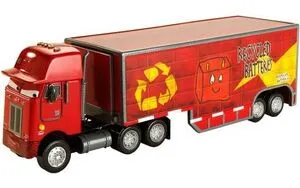
Using recycled batteries for diecast car production conserves precious resources such as minerals and metals, which are often mined from the earth. Recycling extracts these materials from old batteries, reducing the need for new mining operations. Mining can be environmentally destructive, leading to deforestation, habitat loss, and soil erosion. By choosing diecast cars made from recycled batteries, consumers directly contribute to the conservation of these resources, ensuring their availability for future generations. This practice supports responsible stewardship of the planet and minimizes the ecological impact of manufacturing processes.
Reduced Pollution
Recycling batteries helps reduce pollution in several ways. Firstly, it prevents hazardous materials from entering landfills, where they can contaminate soil and water. Secondly, the manufacturing process of recycled diecast cars often produces fewer emissions than traditional methods. By using recycled materials, manufacturers limit the need for energy-intensive processes that generate pollutants. This can include reducing the need for smelting or refining new metals. The result is a cleaner environment, improved air quality, and a healthier planet for all. These practices reduce the impact of manufacturing on communities, minimizing health risks and improving the overall well-being of the population.
Energy Efficiency
The production of diecast cars from recycled batteries can be more energy-efficient than using new materials. The process of extracting and processing virgin materials requires a significant amount of energy. Recycling, on the other hand, often demands less energy, resulting in a lower carbon footprint. By choosing these products, consumers support manufacturing practices that conserve energy, reduce greenhouse gas emissions, and contribute to the fight against climate change. This supports a shift towards sustainable practices and promotes a more responsible approach to production and consumption.
Cost Savings
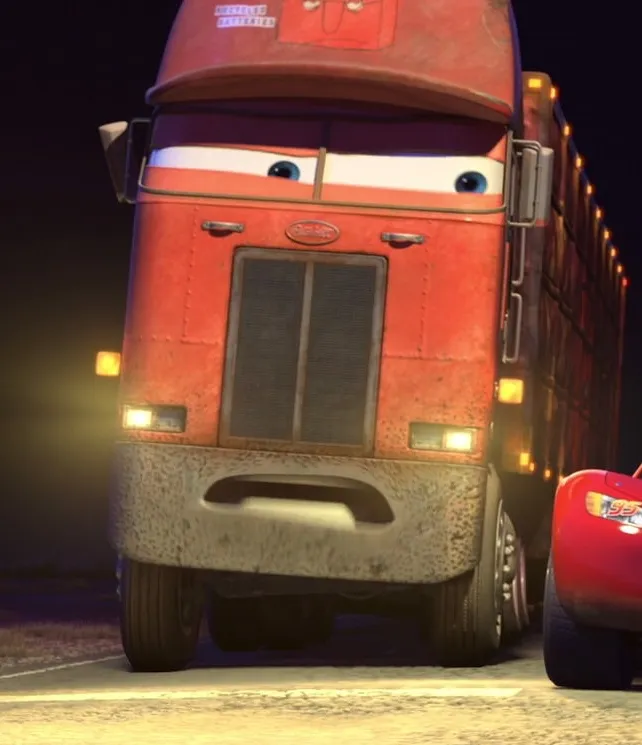
In some cases, using recycled materials can lead to cost savings. Recycled materials may be less expensive than their virgin counterparts, reducing production costs. This can translate into more affordable prices for consumers, making sustainable products more accessible. While not always the primary driver, cost efficiency supports the viability of sustainable manufacturing. It allows businesses to invest in eco-friendly practices without significant financial burdens. The financial benefits can extend beyond the consumer, benefiting both manufacturers and the environment, by promoting sustainability across the supply chain.
Community Engagement
The rise of recycled batteries diecast fosters community engagement and awareness. Manufacturers often partner with local recycling programs and environmental organizations to source materials and promote sustainability. These collaborations create opportunities for education and outreach, encouraging consumers to make informed choices. They also empower communities to participate in waste reduction and promote a circular economy. Purchasing these products supports ethical practices and encourages businesses to prioritize environmental responsibility. Community-based initiatives make a significant contribution to environmental awareness and promoting sustainable lifestyle choices.
Manufacturing and Production of Recycled Batteries Diecast
The journey from discarded batteries to finely crafted diecast cars is a testament to innovation and engineering. The manufacturing process is a multi-step procedure that requires expertise and precision. Each stage, from sourcing materials to the final detailing, contributes to the unique characteristics and appeal of the finished product. Understanding this process provides insights into how eco-friendly practices can be effectively integrated into manufacturing to create high-quality and sustainable products.
Material Sourcing and Preparation
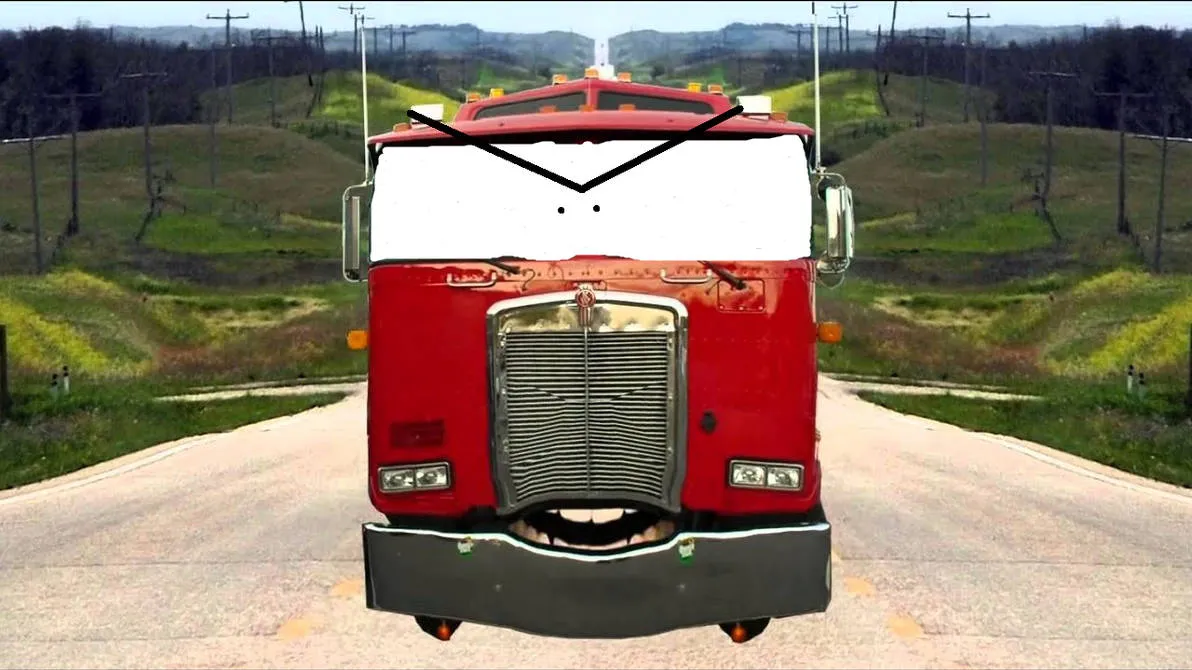
The first step involves sourcing materials from recycled batteries. This includes collecting batteries from recycling centers, collection drives, and other sources. The batteries are then carefully disassembled, and the components are separated. Valuable materials like metals and plastics are extracted. These materials are prepared for the diecasting process. This preparation might involve cleaning, melting, or refining the materials to ensure they meet the required specifications. These processes are essential to guarantee the quality and durability of the diecast cars.
Diecast Process and Techniques
The diecasting process is a precise manufacturing technique. Molten metal is injected under high pressure into molds, creating intricate shapes. For recycled batteries diecast cars, the molten material comes from recycled sources. The metal is cooled and solidified within the mold, taking the shape of the car components. Skilled technicians use various techniques such as gravity diecasting or pressure diecasting to create detailed designs. The entire process guarantees precision, allowing manufacturers to produce complex designs with the same level of detail as traditional diecast methods. Each step ensures the final product’s quality and durability.
Finishing and Detailing
Once the components are cast, the finishing process begins. This involves removing any imperfections, trimming excess material, and preparing the surfaces for painting. Recycled batteries diecast cars receive careful attention to detail, with paints and coatings that are often environmentally friendly. Skilled artisans apply intricate designs, decals, and other finishing touches. This includes the assembly of various components, such as wheels, windows, and interiors. The finished products showcase a blend of sustainability and craftsmanship, reflecting the commitment to high-quality products.
Benefits and Advantages of Diecast Cars
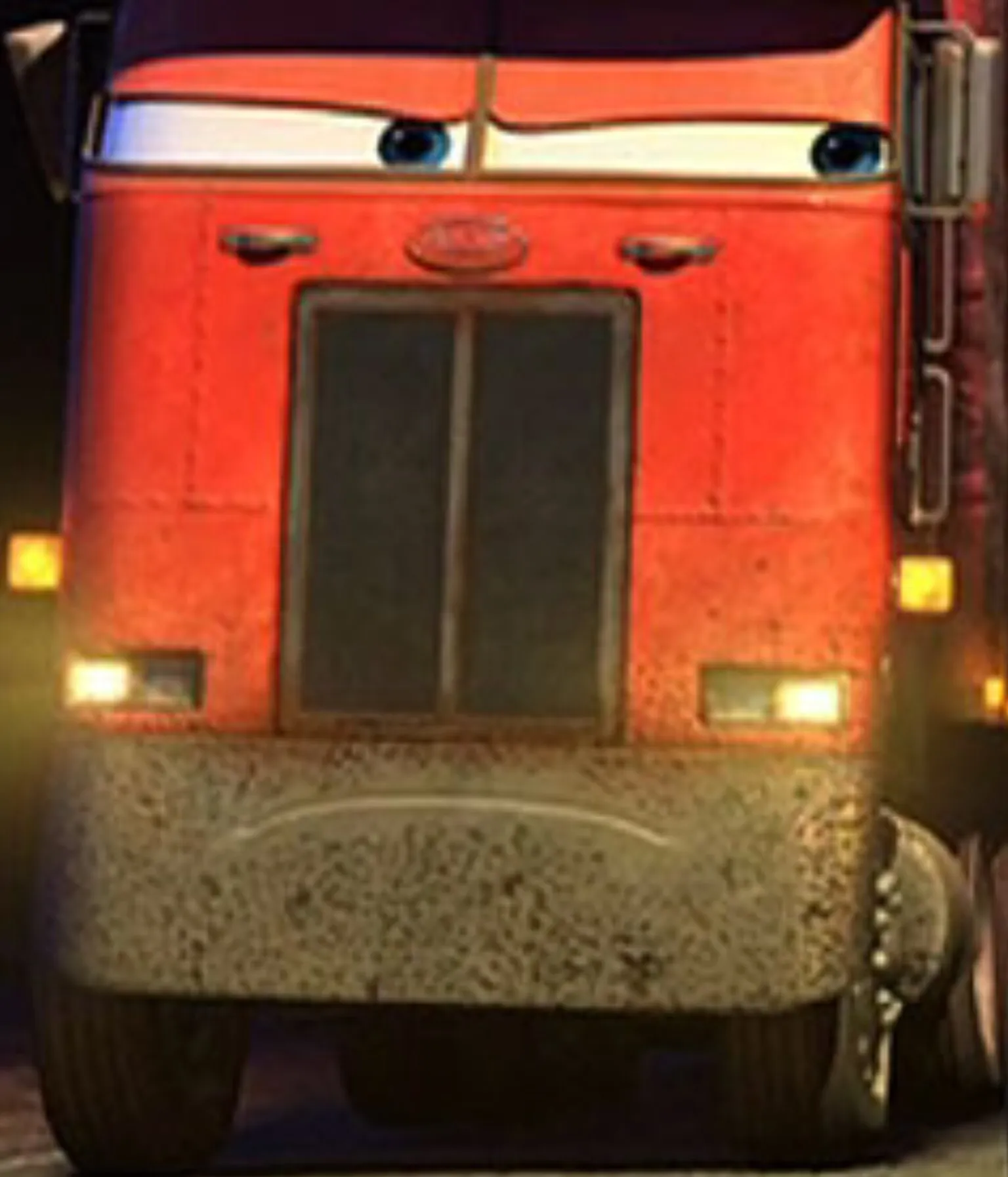
Diecast cars, regardless of their origin, possess inherent advantages that make them beloved by collectors and enthusiasts. The use of recycled materials adds a layer of eco-consciousness to these benefits. Understanding these inherent characteristics helps to appreciate the value of these collectibles. From durability to fine detailing, these aspects define their appeal and explain why they have remained popular for generations. The following points delve into the advantages of these items, highlighting their value and attractiveness.
Durability and Longevity
Diecast cars are known for their durability and longevity. The diecasting process creates robust and resilient products capable of withstanding wear and tear. The use of high-quality recycled materials further enhances their durability. This makes them suitable for both display and play, ensuring they can be treasured for many years. They are also designed to resist the elements, making them a lasting reminder of the value of eco-friendly practices.
High-Quality Detailing
One of the defining features of diecast cars is their high-quality detailing. Manufacturers pay close attention to replicating real-world vehicles with remarkable precision. These miniature vehicles capture the intricate details of their full-sized counterparts. The use of recycled materials does not compromise this level of detail, offering consumers the same level of craftsmanship and visual appeal. Every model is a testament to the art of diecasting, showcasing the talent and skill of the artisans who create them.
Collectibility and Value
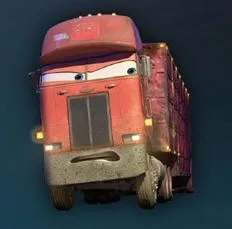
Diecast cars have a strong collectibility factor. Many collectors value these items for their rarity, historical significance, and intricate designs. Models can appreciate in value over time, especially those with unique features, limited editions, or historical importance. Recycled batteries diecast cars combine collectibility with eco-consciousness, appealing to a broader audience. These items are attractive to both collectors and those who value sustainable practices. The growing interest in these models ensures their long-term value and appeal.
Eco-Friendly Choices and Sustainable Practices
Choosing recycled batteries diecast is more than a purchasing decision; it’s a commitment to sustainable practices. It supports a circular economy, minimizes waste, and encourages responsible manufacturing. This shift aligns with broader environmental goals, promoting a healthier planet for future generations. The following points highlight the significance of making such eco-friendly choices and the impact it has on the environment.
Choosing Recycled Batteries Diecast
Consumers who opt for these items demonstrate their commitment to sustainability. These choices reduce the demand for virgin materials and promote a circular economy, where resources are reused. By supporting companies that prioritize these practices, consumers can positively influence the market. This can lead to more eco-friendly options in the future. This shift helps to reduce environmental impact and promotes a culture of responsible consumption. These decisions contribute to a more sustainable and healthier planet.
Supporting Sustainable Brands
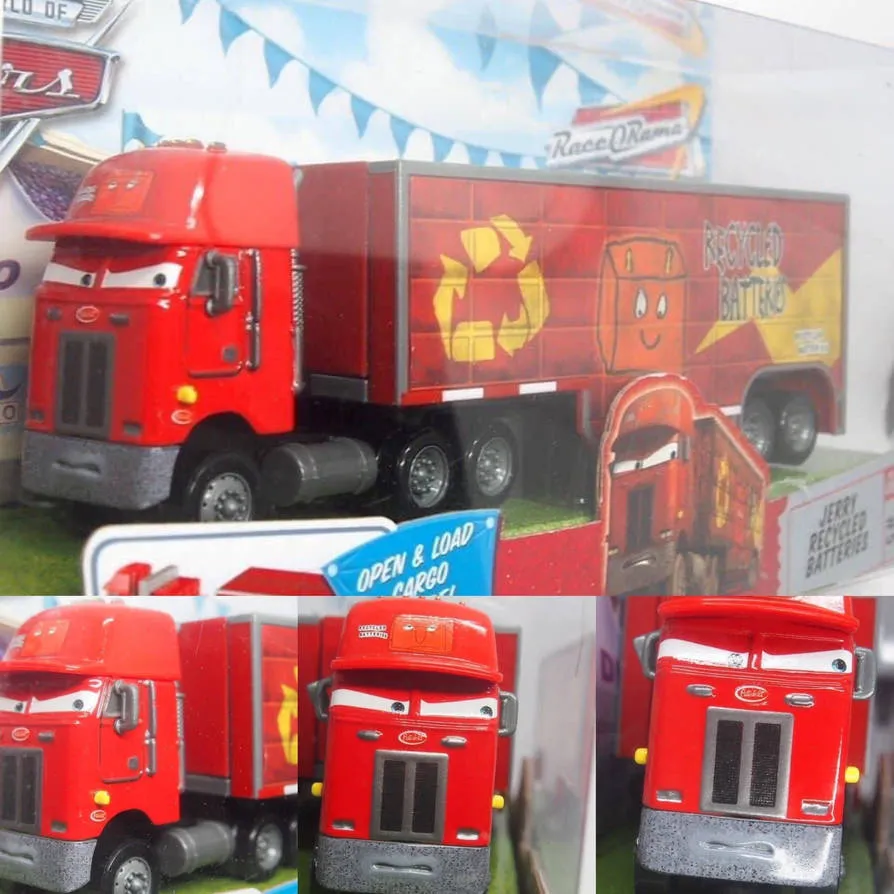
Buying recycled batteries diecast cars supports sustainable brands and manufacturers. These companies invest in eco-friendly production methods, ethical sourcing, and innovative designs. This creates a positive impact, rewarding businesses that prioritize environmental responsibility. Consumers can make a difference by supporting companies dedicated to sustainability. This reinforces the value of eco-conscious products and inspires more businesses to adopt sustainable practices. Consumer support drives change, fostering a greener future for all.
The Future of Recycled Batteries Diecast
The future of recycled batteries diecast cars looks promising, with potential for continued innovation and expansion. As consumer awareness of environmental issues grows, demand for sustainable products will increase. These items are set to play a key role in the toy industry. The integration of eco-friendly practices will become the norm, driving the industry towards greener and more responsible practices. Technological advances, combined with a growing commitment to sustainability, will ensure the continued growth of this market.
In conclusion, recycled batteries diecast cars offer a compelling blend of collectibility, environmental responsibility, and innovative manufacturing. The top 5 benefits—resource conservation, reduced pollution, energy efficiency, cost savings, and community engagement—highlight their significant impact. By choosing these items, consumers actively support a circular economy and contribute to a healthier planet. From their manufacturing processes to the lasting value they offer, these diecast cars are a testament to the potential of sustainable products. As the world embraces eco-friendly alternatives, recycled batteries diecast cars are set to become a cornerstone of the collectibles industry, paving the way for a greener future.
